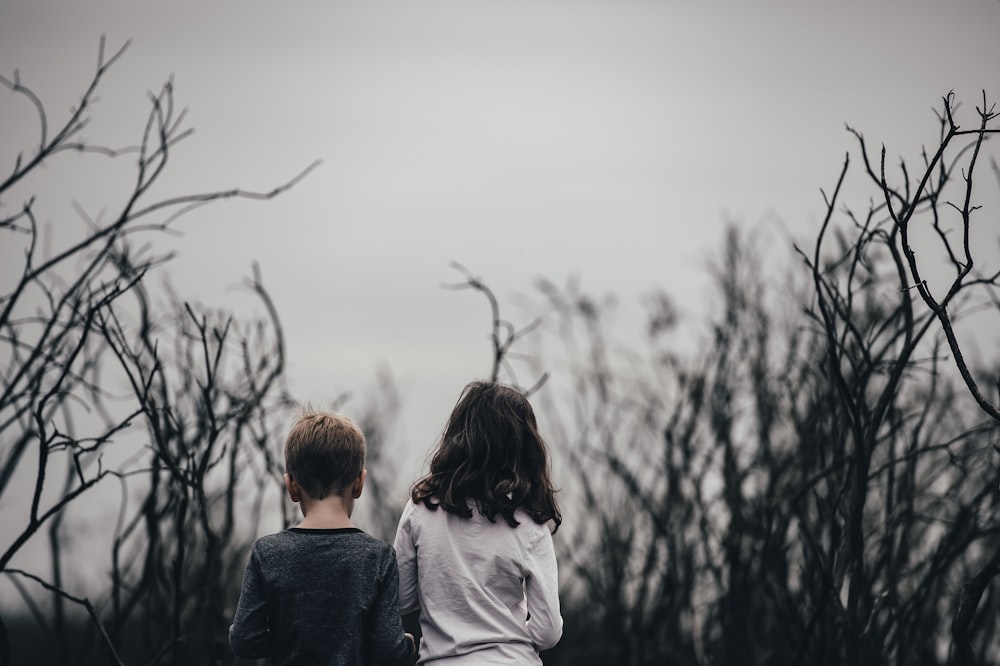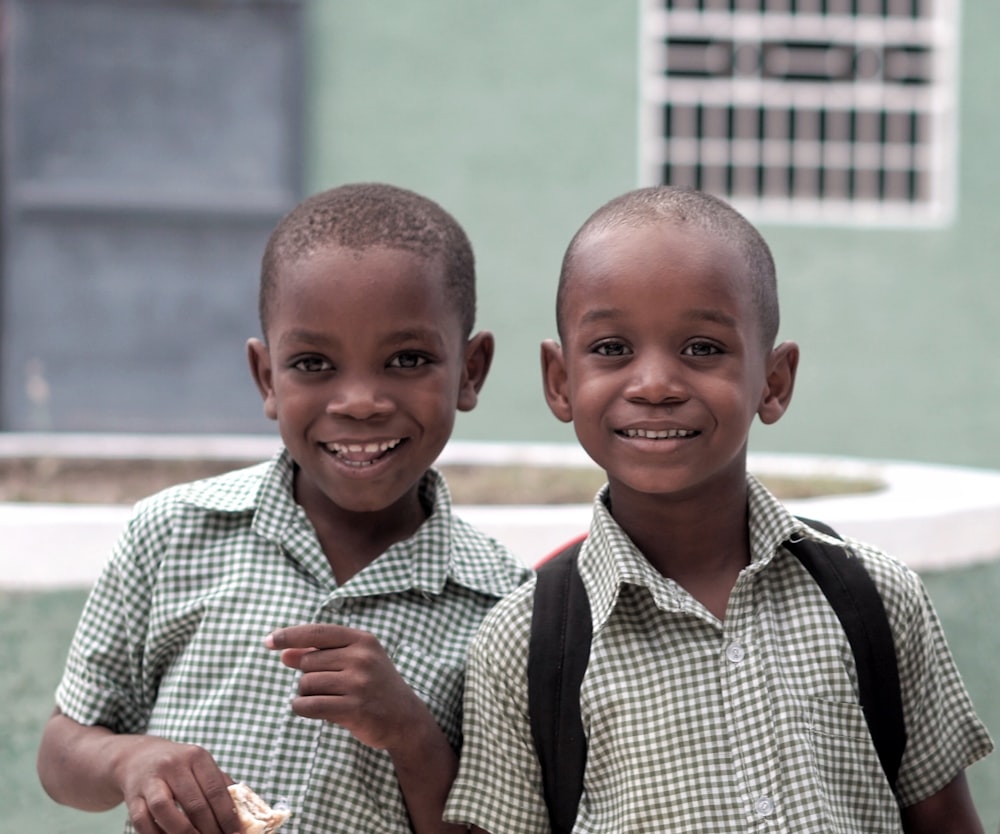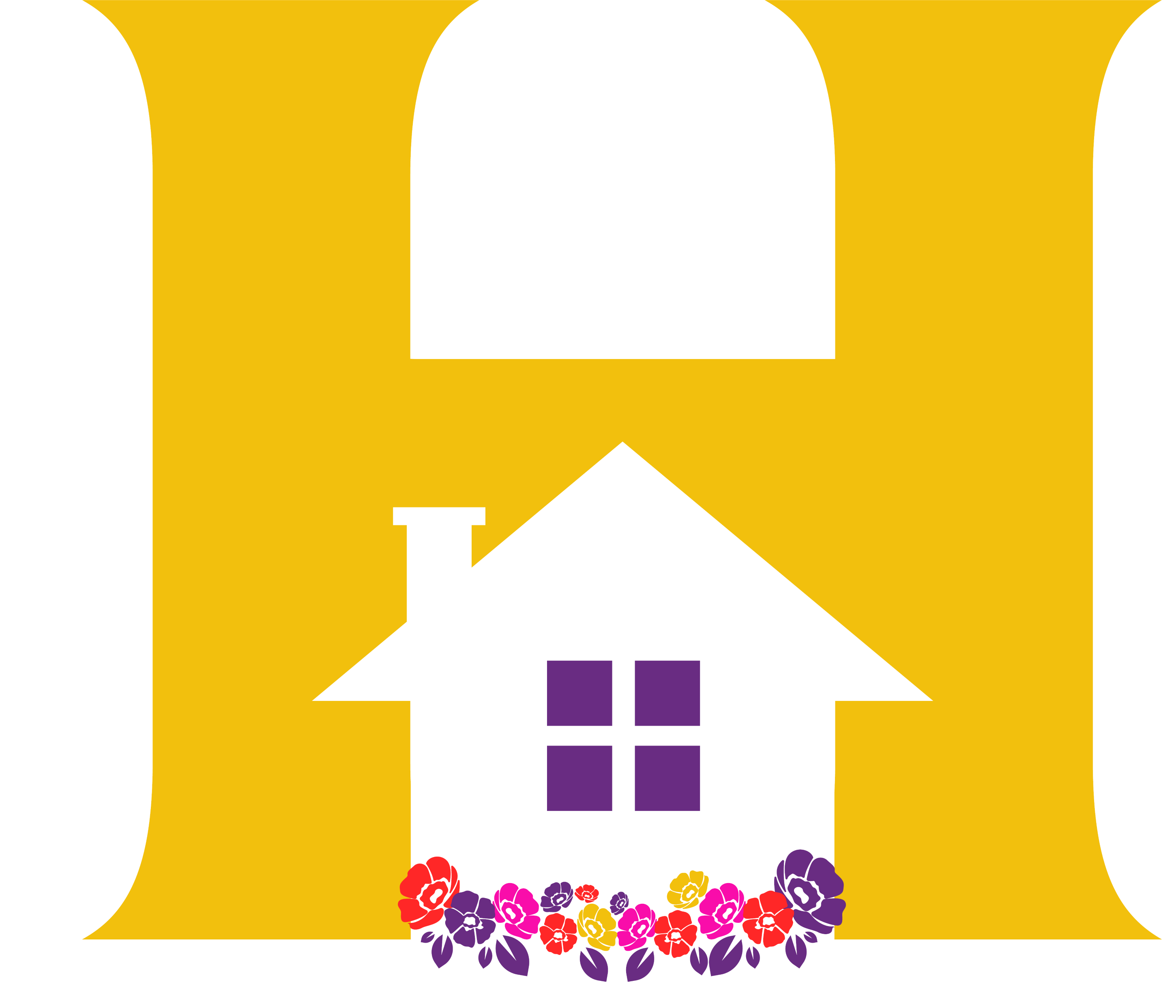How much do we know about what happens behind closed doors in the foster care system? The system is supposed to protect children while their lives are already turbulent enough amidst the trauma of being separated from their biological family. However, that isn’t the reality for many kids. We are going to have a hard discussion about child abuse in the foster care system.
Content Warning: Child Abuse, Sexual Abuse, and Racial Injustice
Although we understand that the topics in this article may be challenging to read, we encourage you to reflect on the content to better understand what we can do to protect the children in our community. It is our mission to listen, believe, and provide safety to the innocent.
Suppose you suspect a child in your community is being abused in any way. In that case, the Childhelp National Child Abuse Hotline is available via call or text at 1.800.4.A.CHILD (1.88.422.4453). This resource is available 24/7 and is available in 170 languages and counting.
Children are easy targets for abuse because they are not often able to fight back. This is especially true in cases of foster children. Often, children are suddenly removed from their environments. This means their vulnerability is heightened due to being isolated from familiarity.

Source: Annie Spratt | Unsplash
Why are kids often put into the foster care system?
There are many reasons why kids are removed from their homes. Sometimes, it is temporary, while at other times, it’s for an extended period. Each case is immensely unique and depends on state laws, family structure, and economic status. Some examples of why children are placed into the system are:
- Abandonment. Sometimes, kids are dropped off somewhere without being picked up by their parents.
- Poverty. If the system believes a parent cannot afford a child’s basic needs, the child may be removed from the home.
- Death of a guardian.
- Incarnation of a guardian.
- Juvenile Offences. If a child has issues with the law, he or she may be removed from the home if the system deems the home a part of the problem.
- Medical Neglect. If a parent chooses to blatantly ignore a child’s medical issues, the child is removed from the home.
- Neglect, abuse, and sexual abuse.
- Voluntary Placement. In some cases, a parent may ask for their child to be put in the system.
Although child abuse comes in many different forms, the common forms are physical abuse, sexual abuse, and neglect. Neglect can mean a lack of food, clean clothes, and proper hygiene resources. It’s important to note that the abuse can come from temporary caregivers or other foster children within the home. It is not uncommon for foster children to exhibit abusive behaviors because they are not given proper care for their circumstances.
According to a 2020 USA Today article, it is common for victims of abuse in the foster care system to remain unidentified and unheard. What is even more heartbreaking is that caseworkers and agencies are not legally obligated to tell biological families of the abuse endured in temporary homes. There are countless stories where children have been removed from foster homes due to sexual abuse. The parents were never notified by professionals. This is inexcusable in numerous ways.
Did you know that minority families, including Black, Latinx, and Native people are more likely to endure family separation because of poverty? In a 2018 study, numbers showed that there were over 400,000 children in foster care. The number one reason for child removal was presumed neglect. However, this label is often given when a family is living in poverty. This inflicts immense damage on children who may be lacking stability by further isolating them from what they are familiar with. Some examples of how Black mothers are targeted for their financial status are siblings sharing rooms, co-sleeping with a small child, and leaving independent children home alone. These are deemed normal in a privileged home but are often held against minority families when deciding if the home is safe for children.

Source: Zach Vessels | Unsplash
As I mentioned above, once minority children enter the system, it is often more challenging for them to get out than white children. It is not uncommon for Black children to end up in jail because of the lack of stability for long periods.
The theme of people of color being targeted more severely for their financial situation is a direct reflection of how broken our system is. In a system that is supposed to bring justice and safety to every person, society is still focused on clearing the names of those with privilege, money, and resources. We have a long way to go to protect all children.
How can we support children who may have suffered abuse at the hands of foster parents?
- Listen and believe children.
- Understand that not every family looks the same and that’s okay.
- Report any suspected abuse of a child in your community.
- Pray for the children in our communities.
- Volunteer in your community to connect with different children.
- Be a safe space for children in your community to feel loved with you.
By listening to children, we are giving them a voice. Their trauma needs to be validated by a trusted person. There are too many cases where foster parents have a long history of abuse, and the children who have passed through the home are not talked to in order to bring justice. This means that hundreds of thousands of children are not getting the help they need because their voices are not heard. Children must be interviewed and believed so that they can receive compensation, counseling, and other key resources so they can thrive outside of the system. By sweeping their stories under the rug, we set up significant potential for abused kids to become abusers as they become more independent.
No matter who you are, you have a job to protect the innocent. This means using the countless resources available to the public to report abuse. Provide as much safety as you can to the children within your community. Pray for our children, provide adequate meals to those in need, volunteer in your community, and have an active role in being a part of the village that it takes to raise little ones.
To see a change in the system, we have to be fearless. We have to be brave and use our voice for the voiceless. Children’s voices deserve to be amplified. I challenge you to truly listen to hear. We have the strength to push back against a system that oppresses children, especially minority children. One thing that we can all do to challenge the system is to understand that not every family is going to look the same. Just because a family doesn’t have a traditional married mom and dad doesn’t mean that their home life is any less stable.
As a society, we have to stand up for what is not okay. We have a crucial responsibility to protect the sons, daughters, nieces, nephews, cousins, and beyond within our world. As we watch future world changers emerge, we have to allow them to understand how extraordinarily valuable they are.
Written by Rebecca Kochanek, Intern Coordinator. To read more SHIM blog articles, go here: https://safeharborim.com/articles/


0 Comments